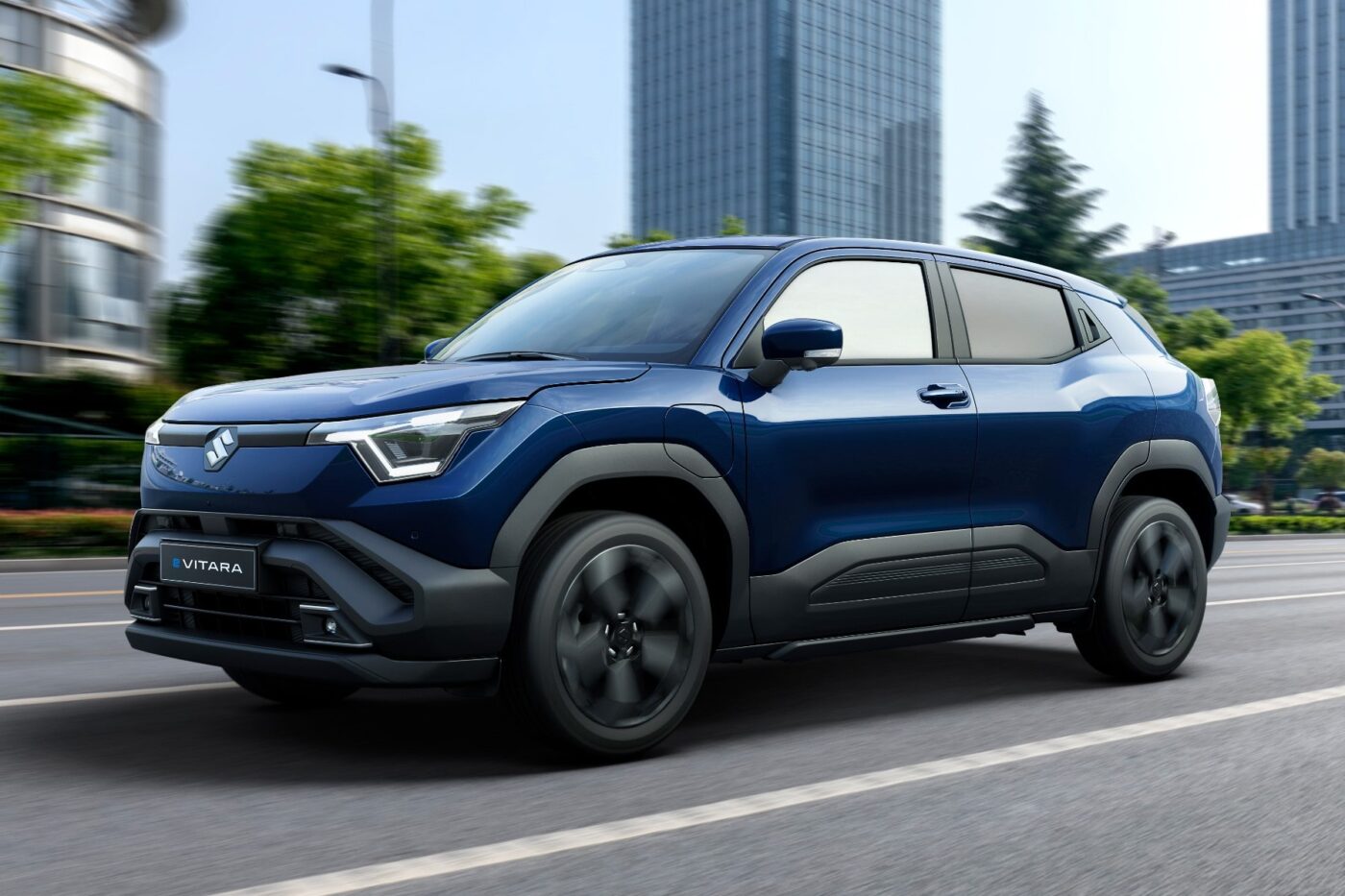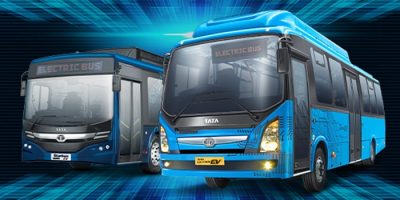Maruti Suzuki says EVs won’t give ICEV-like margins for a long time
During Maruti Suzuki’s Q3 FY2025 earnings conference call, Chief Investor Relations Officer Rahul Bharti discussed the profitability of EVs. Responding to an analyst’s query about when the company sees the profitability of EVs matching ICE models, Bharti said: “For a long time, it’s not going to happen.”
Bharti suggested that EVs are significantly less profitable than ICE vehicles. That is why the central and state governments “support it so much” with a significantly lower Goods and Services Tax (GST), he said. For reference, India charges a GST -comparable to VAT in Europe – of up to 50% on ICEVs but only 5% on EVs. There are also “so many subsidies at different levels [on the] demand side [and] supply side,” Bharti added.
Along with the inherent high cost of EV technology, localisation presents a challenge for Indian companies because of the lack of a deep supply chain like China’s. Case in point, Maruti Suzuki plans to import the battery packs of the e Vitara, from China’s BYD. Bharti said the company will explore localisation when possible. According to local reports, while rival automakers only import the cells, Maruti Suzuki will import the entire battery pack.
Bharti’s statements indicate that Maruti Suzuki may lack the cost flexibility to price its EVs aggressively and undercut competitors, as it typically does with ICE models to succeed in the market. As usual, it does not have an edge in terms of performance or features. For now, it is counting mainly on excellent reliability and after-sales support—key factors behind its immense popularity and credibility on the ICEV front—to drive EV sales.
In the first phase of the launch, Maruti Suzuki will offer fast chargers every five to ten km in 100 cities across India. The company is also readying 1,500 workshops to offer EV customers both service support and charging facilities, covering more than 1,000 cities nationwide. Additionally, it will offer on-demand charging and service support facilities for stranded EVs.
Maruti Suzuki will likely launch the e Vitara in India in March and start exporting it to European markets and Japan in the second quarter. The company plans to introduce five more EVs by 2030.





0 Comments